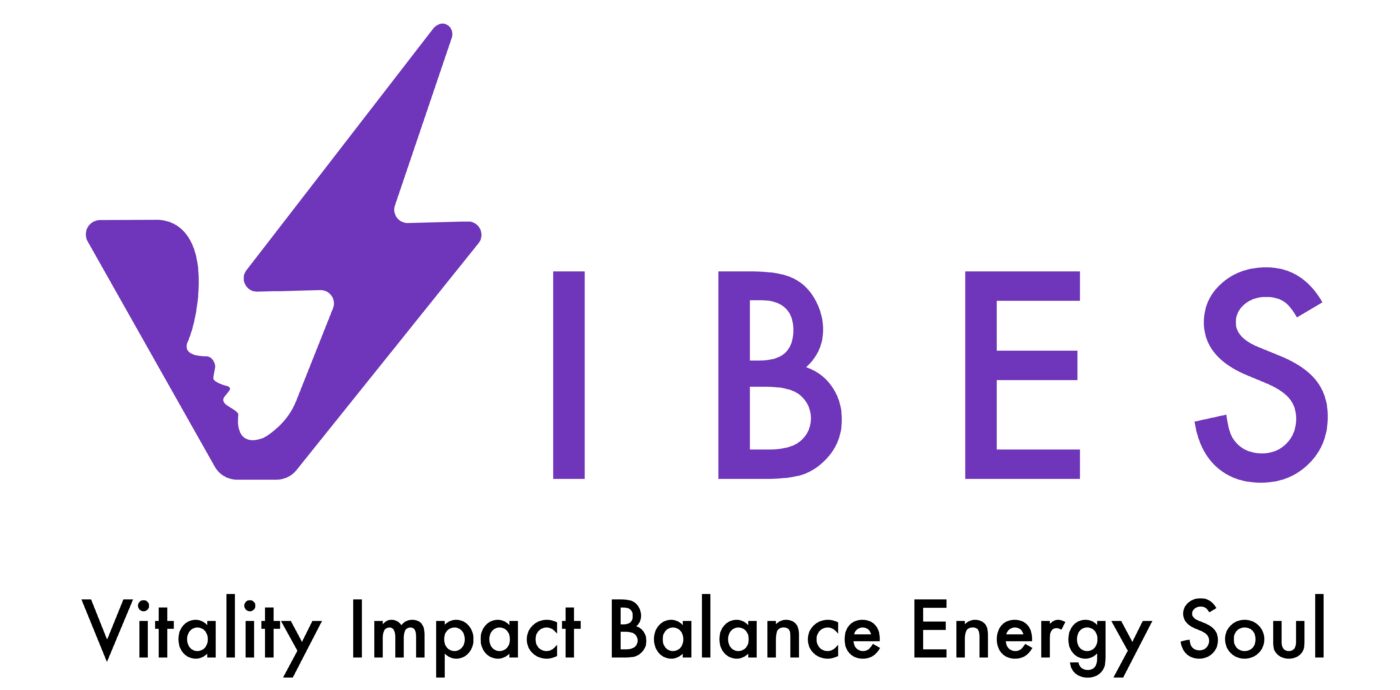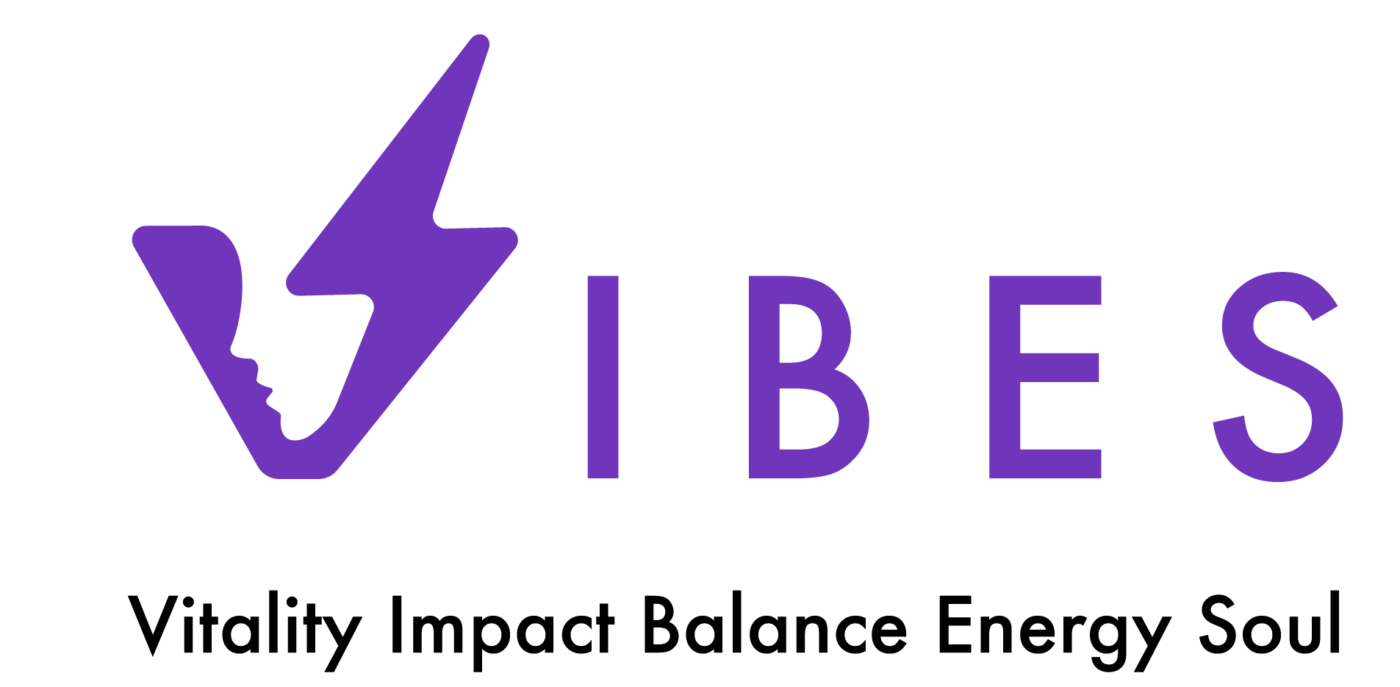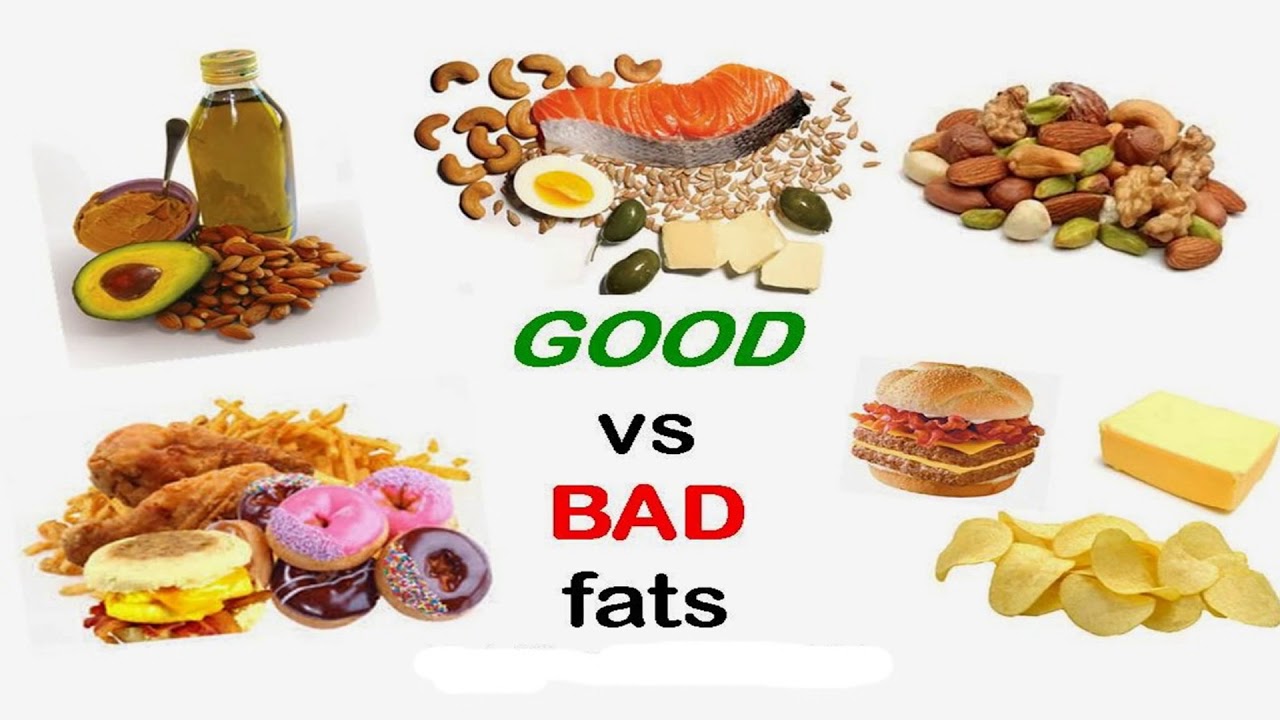It is common to treat fat as something so taboo that we avoid consuming it altogether. Most people try to keep fat out of their diets as much as possible. But this practice can actually cause a lot more harm than we think.
Necessary Fat.
It is imperative to have a certain amount of fat as it is an essential part of a balanced diet and nutritional intake. The fat we consume gives our bodies the energy that we need to function properly. After 20 minutes of exercise, the energy starts to come from fat instead of carbohydrates which only contribute in the initial part (Dietary fats explained: MedlinePlus Medical Encyclopedia, 2021). Fat also helps your body to absorb vitamins A, D, E AND K. These are also known as fat-soluble vitamins.
Linoleic and linolenic acid are absorbed from food. These are known as essential fatty acids. Your body cannot make them and also cannot work without them. Crucial factors such as brain function and regulating body temperatures are affected by the amount of fat in our bodies.
All varieties of fat are very high in energy density. When comparing it with carbohydrates, 1 gram of saturated or unsaturated fat can provide 9kcal whilst carbohydrates would only provide 4kcal per gram. The energy that is not used up is stored as body fat (Facts about fat – NHS, 2021).
There are two types of fats,
- Saturated
- Unsaturated
Saturated Fats
Saturated fats have shown signs of them being harmful if consumed in large quantities. Eating a bit more than necessary can cause rises in the LDL, the bad cholesterol in the blood which in turn puts your heart at a risk,
Unsaturated Fats
The use of unsaturated fats is a crucial step in the journey of reducing the risk of heart disease. There are two types of unsaturated fats. Namely, Monounsaturated and polyunsaturated fats.
Monounsaturated
These fats help reduce levels of LDL, the bad cholesterol in your blood and maintain good levels of HDL cholesterol. Olive oil, avocados and nuts such as almonds and peanuts contain monounsaturated fats.
Polyunsaturated Fats
Just like their cousin, polyunsaturated fats also help with lowering LDL levels in the bloodstream. Rapeseed, Corn and sunflower contain omega 6 fats and sardines, salmon and trout contain omega 3, which are the two main types of polyunsaturated fats (Facts about fat – NHS, 2021). Studies have revealed that the consumption of polyunsaturated fats instead of saturated fats reduced the risk of heart disease by 30% (Taylor, 2019).
Avoid and limit
Trans fats are a type of fat that everyone should stay away from and Saturated fats are something we should definitely try and avoid and limit. Both contribute to heart attacks, strokes and type 2 diabetes.
But all in all, if we maintain a healthy balanced diet, we wouldn’t have to worry about these minute details. But since most of us are having hectic days it is always best to avoid the thing that will cause guaranteed complications in the future.
References
Medlineplus.gov. 2021. Dietary fats explained: MedlinePlus Medical Encyclopedia. [online] Available at: <https://medlineplus.gov/ency/patientinstructions/000104.htm> [Accessed 12 May 2021].
nhs.uk. 2021. Facts about fat – NHS. [online] Available at: <https://www.nhs.uk/live-well/eat-well/different-fats-nutrition/?tabname=food-and-diet> [Accessed 12 May 2021].
Taylor, M., 2019. Everything You Ever Wanted to Know About Fat | Livestrong.com. [online] LIVESTRONG.COM. Available at: <https://www.livestrong.com/article/13715746-turns-out-everyone-was-wrong-about-saturated-fats/> [Accessed 12 May 2021].


